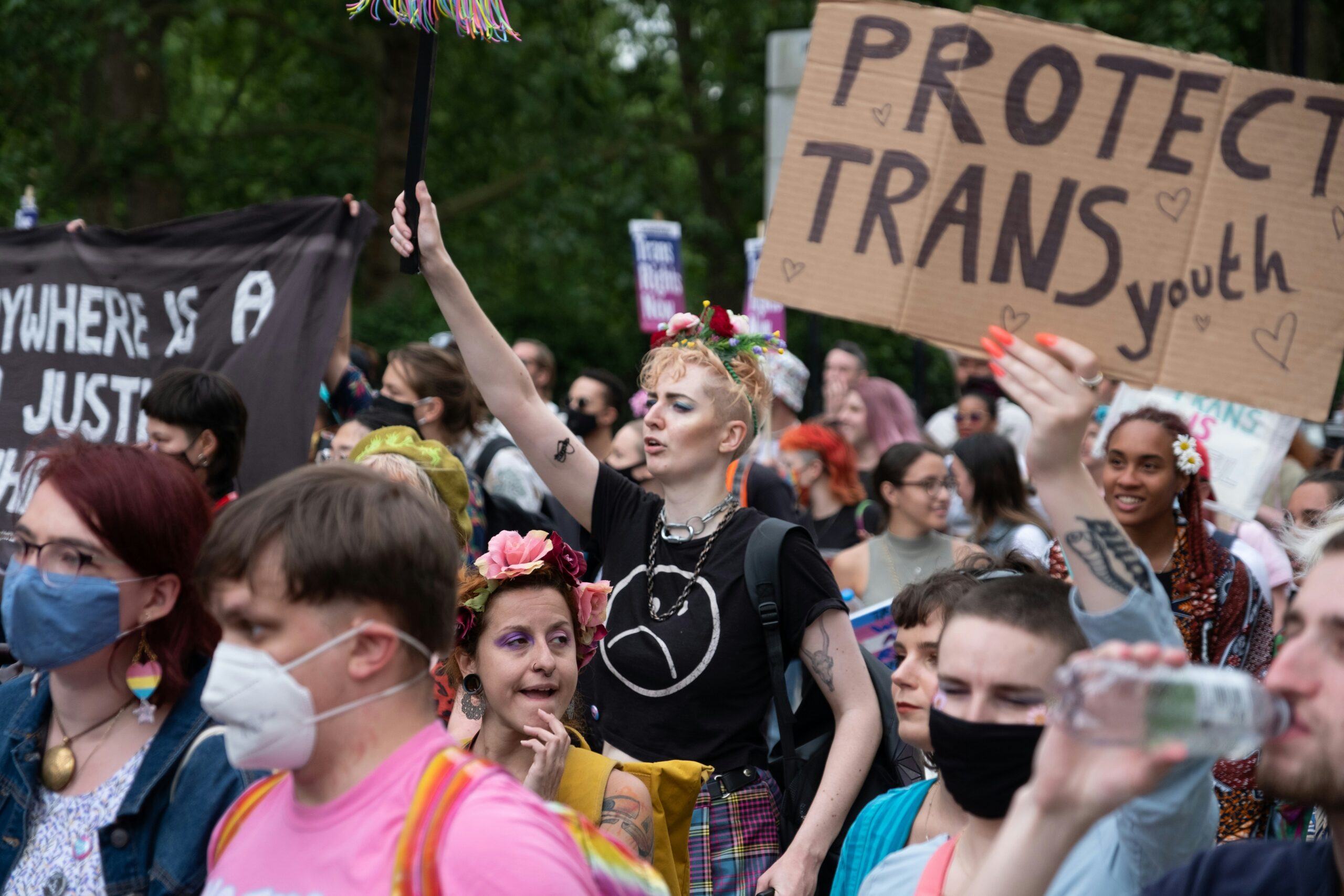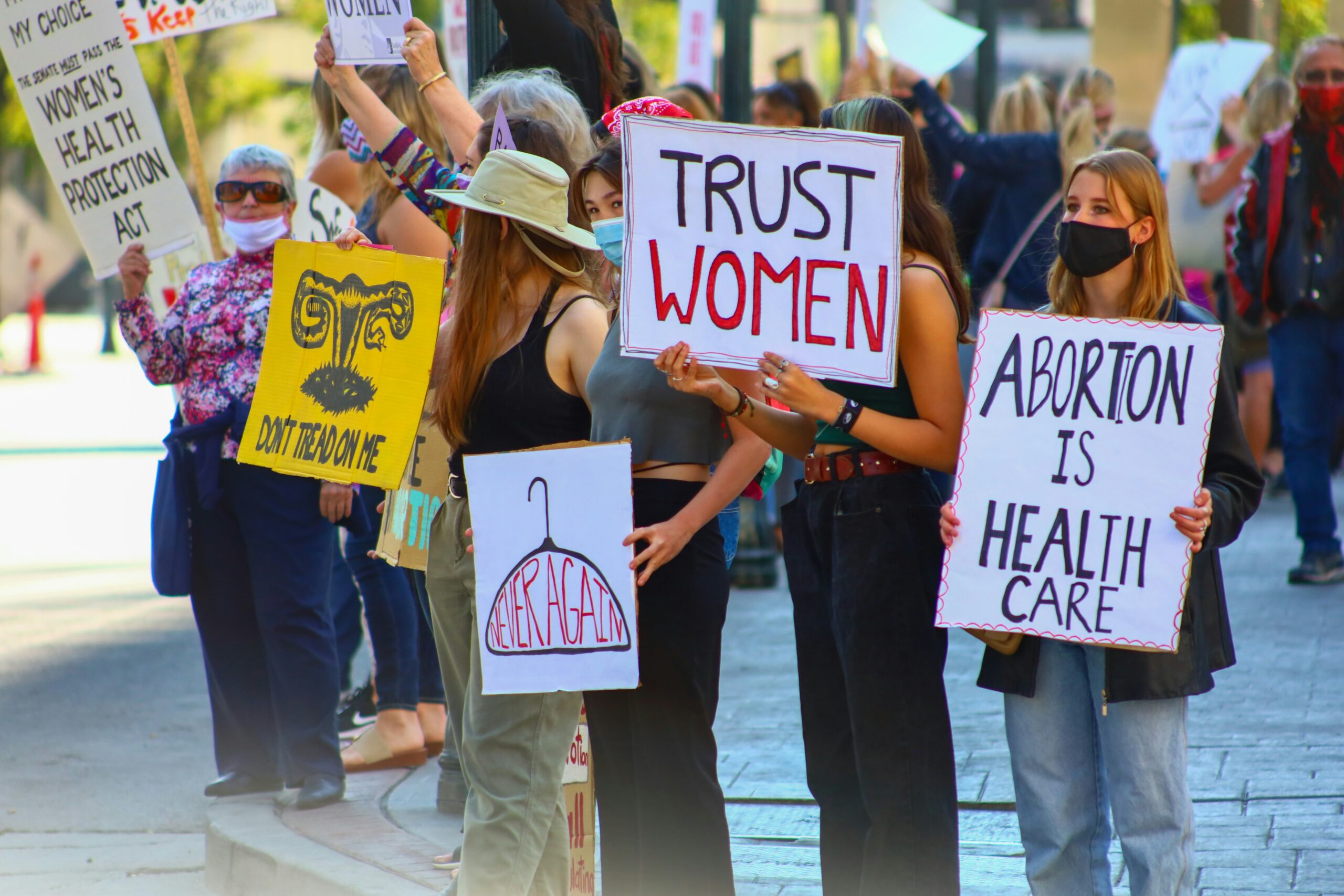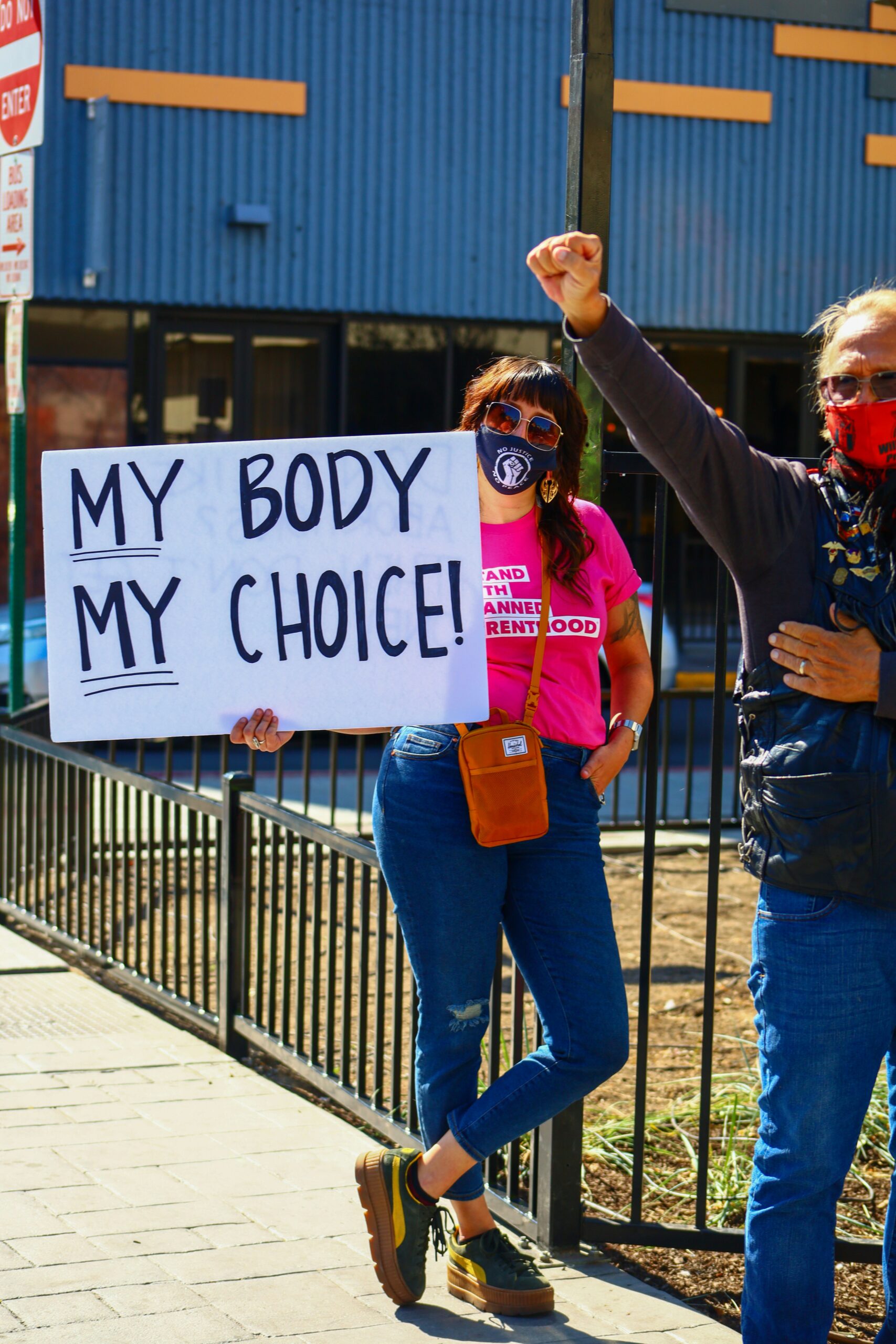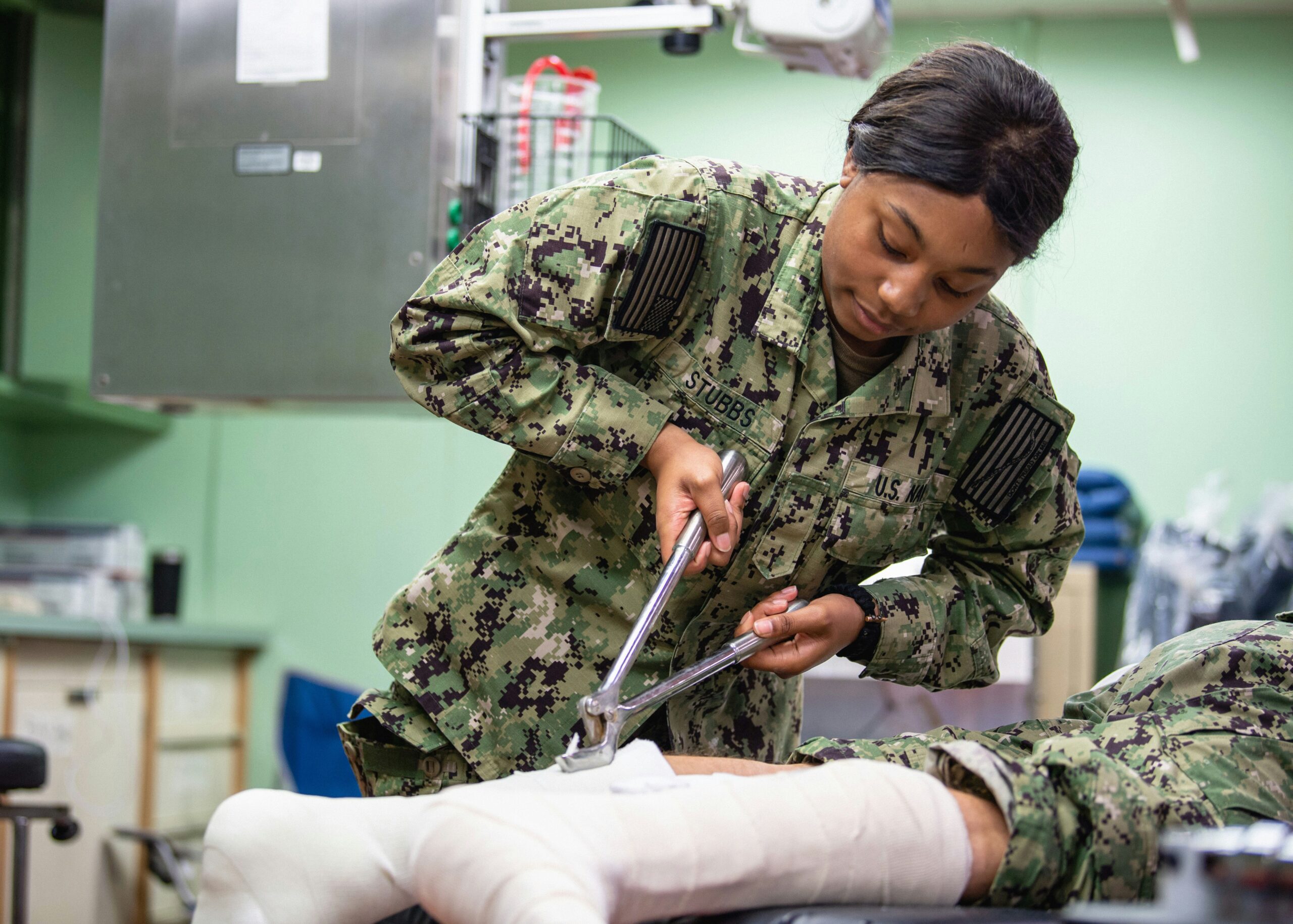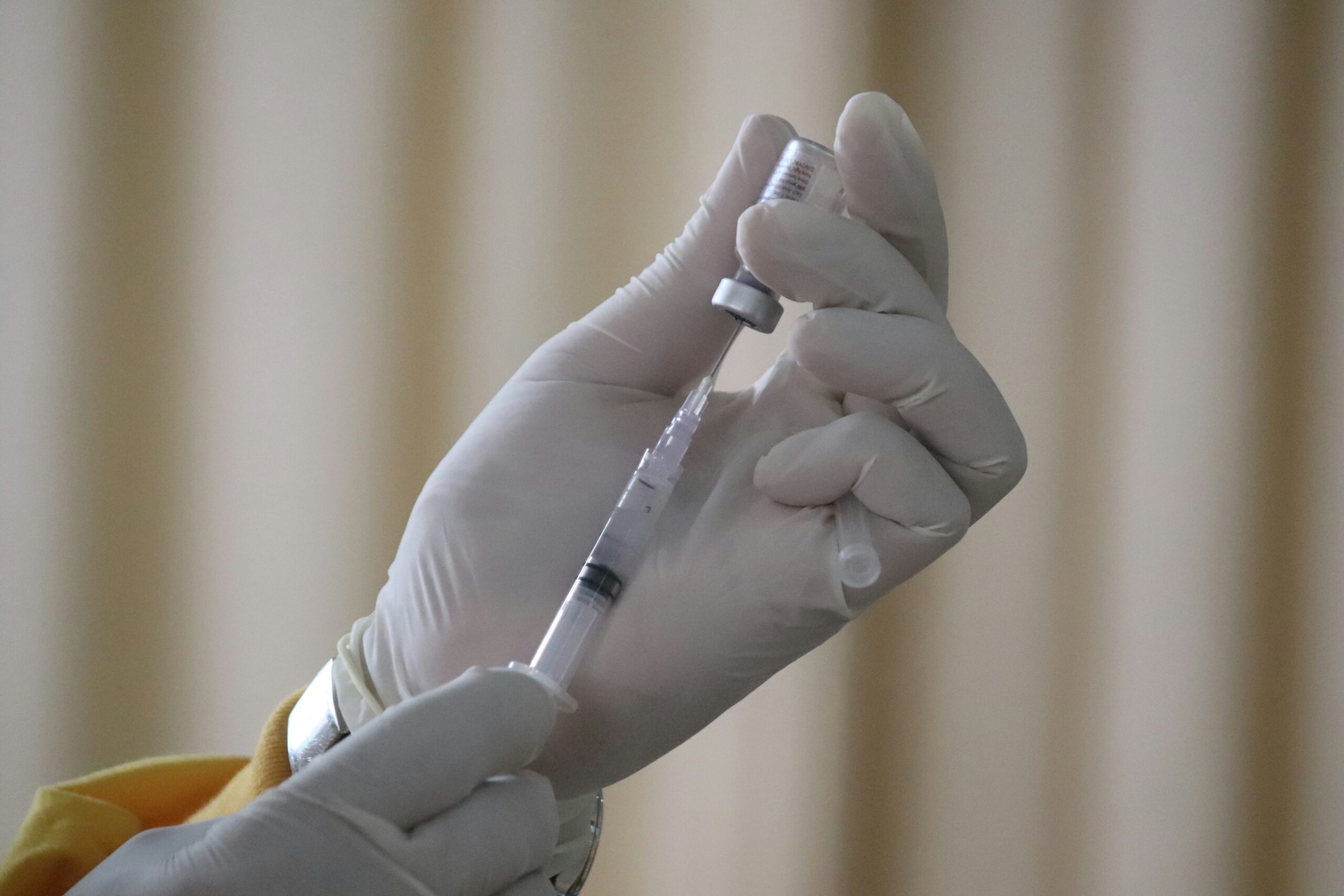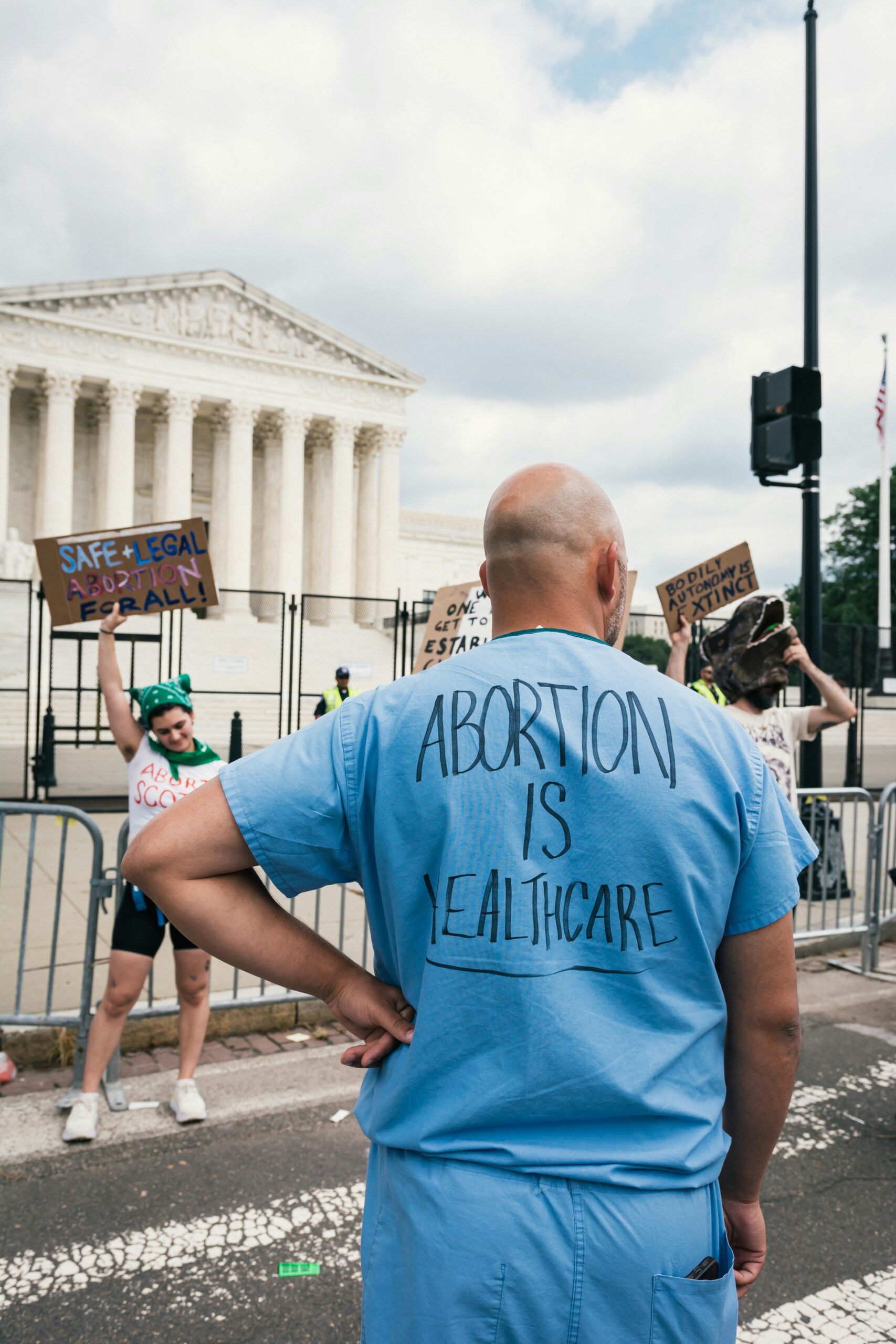On January 13, 2026, the U.S. Supreme Court heard oral arguments in two landmark cases that could dramatically reshape the future of transgender rights in education and athletics: Little v. Hecox and West Virginia v. B.P.J. The cases challenge state laws that categorically bar transgender girls and women from participating in school sports, raising fundamental questions about discrimination and equality.
Outside the Court, hundreds of families, athletes, civil rights leaders, faith leaders, and members of Congress rallied both in support of and in opposition to transgender youth.
Inside the Court, attorneys from Lambda Legal, the ACLU, and Legal Voice argued that these bans violate both the Equal Protection Clause of the Fourteenth Amendment and, in the West Virginia case, Title IX’s prohibition on sex discrimination in education. Federal courts have blocked enforcement of these bans in both lawsuits.
In Little v. Hecox, the Court is reviewing Idaho’s 2020 Fairness in Women’s Sports Act, the first statewide law in the nation to impose a blanket ban on transgender women and girls in female athletic competitions. The law defines sex strictly on the basis of reproductive biology and genetics and allows schools to subject students to invasive sex verification procedures if a student’s eligibility is challenged.
Lindsay Hecox, a transgender college student, brought the case after being barred from competing on Boise State University’s women’s track team, arguing that the law unconstitutionally singles out transgender women for discriminatory exclusion.
West Virginia v. B.P.J. centers on Becky Pepper-Jackson, a transgender middle school student who sought to participate in girls’ cross-country and track. West Virginia’s Save Women’s Sports Act restricts participation on girls’ teams exclusively to students assigned female at birth. Lower courts repeatedly ruled in Becky’s favor, finding that the law violated both constitutional equal protection principles and Title IX.
Together, these cases represent the Supreme Court’s most consequential engagement with transgender athlete bans to date. More than twenty states have enacted laws restricting transgender students’ participation in school sports, with dozens more proposing similar legislation.
A decision is expected by late spring or early summer. A ruling upholding these bans would likely accelerate legislative attacks on transgender youth and further erode civil rights protections across education and public accommodations.
This moment marks the latest attack on transgender people in a broader campaign to demonize and exclude this community. Nevertheless, transgender people continue to organize, resist, and achieve historic breakthroughs. In November 2024, Sarah McBride of Delaware became the first openly transgender person elected to the U.S. Congress, a landmark victory for representation and political inclusion.
Across the country, transgender and LGBTQ+ candidates are winning local and state elections, expanding visibility and reshaping political power. While lawmakers seek to marginalize transgender people through fear-driven policy, trans communities continue to build power, claim space, and affirm their belonging in every arena of public life.
